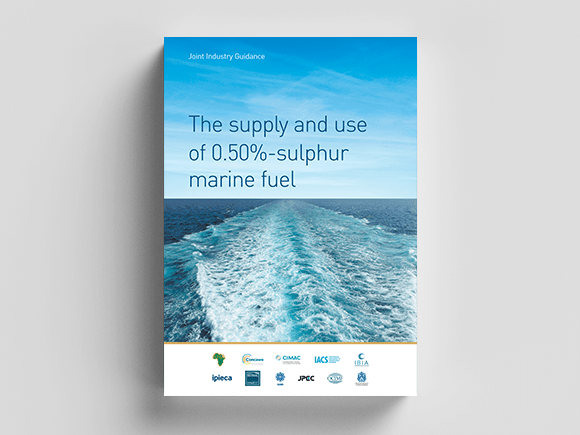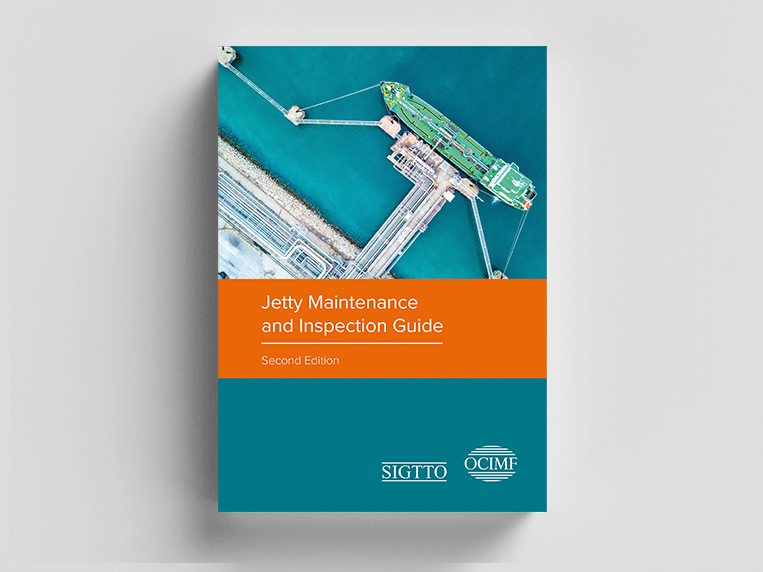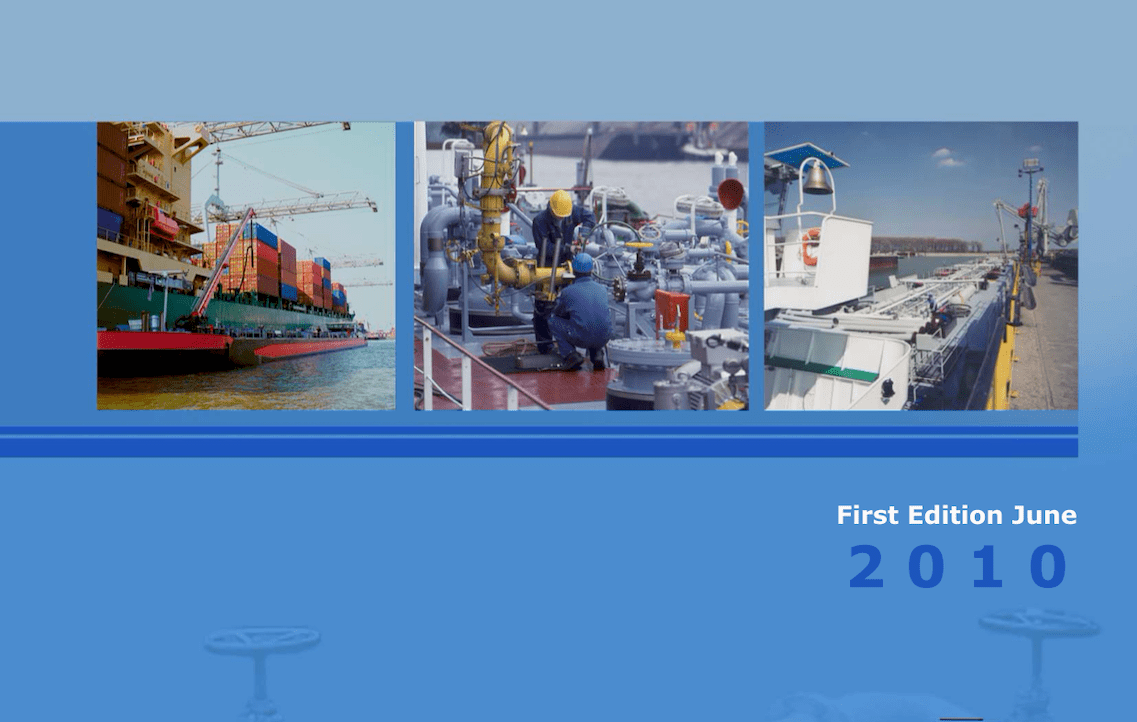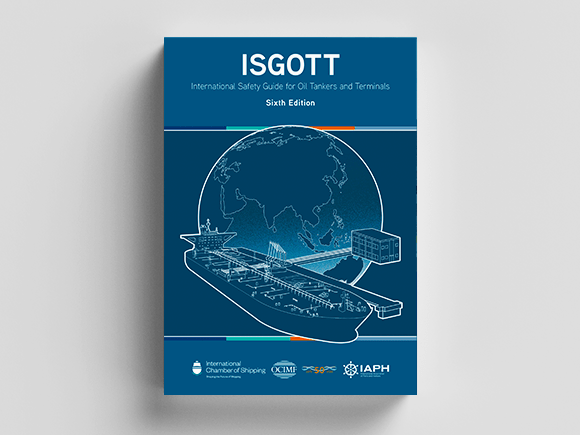Environment
Concern about marine pollution prompted OCIMF’s creation in 1970 and environmental impact has remained a core priority. This is reflected in OCIMF’s vision for a global marine industry that causes no harm to people or the environment. The Environment Committee leads OCIMF’s focus on environmental matters and works with its other committees and relevant industry stakeholders to provide a learning platform for novel solutions, develop best practices, and support the formation of fit-for-purpose regulation.
While all forms of environmental impact from maritime activities are important to OCIMF, the Environment Committee manages its work programme by regularly surveying member companies to identify the highest priority environmental issues, which currently are air pollution and greenhouse gas (GHG) emissions.
Greenhouse gas emissions
While the Paris Agreement excluded international aviation and shipping emissions, there has been increasing political and societal pressure for these sectors to decarbonise. For international shipping, the 176 Member States of the International Maritime Organisation (IMO) unanimously agreed to implement the aims of the Paris Agreement via its revised GHG strategy of 2023 to reduce global GHG emissions from international shipping to Net-Zero around 2050. Given OCIMF’s purpose to improve safety, security, health, and environmental performance, it fully supports the revised IMO GHG strategy and has produced a position paper, Reduction of Greenhouse Gas (GHG) Emissions and Air Pollution.
Energy Transition
Energy transition is the process of structurally changing energy systems affecting how we produce and consume energy. For shipping there is a high degree of uncertainty about the makeup of the energy transition, which future fuels could be required by the maritime sector, and what technological and infrastructural changes will be required to achieve this.
Involvement at the IMO
Significant work is underway at the IMO on all aspects of sectorial decarbonisation, to help reduce the regulatory uncertainty that could discourage investment and subsequent transition. OCIMF is active in all relevant IMO Committees, Correspondence and Working Groups, and shares its members’ expertise and best practice experience, via our committees and expert groups, to help inform practical and deliverable regulations.
For OCIMF, safety and sustainability are interrelated. The need for sectorial decarbonisation introduces new safety challenges that require novel technologies, safety practices, standards and training to maintain OCIMF’s vision of a global marine industry that causes no harm to people or the environment. OCIMF is committed to enabling a safe transition by providing a learning platform to industry to jointly assess risk and determine required mitigations.
OCIMF seeks to build a more proactive decarbonisation consensus through greater involvement and collaboration with industry partner organisations and at the IMO to deliver global regulations and solutions to support the safe reduction of GHG emissions and enable a safe transition.






